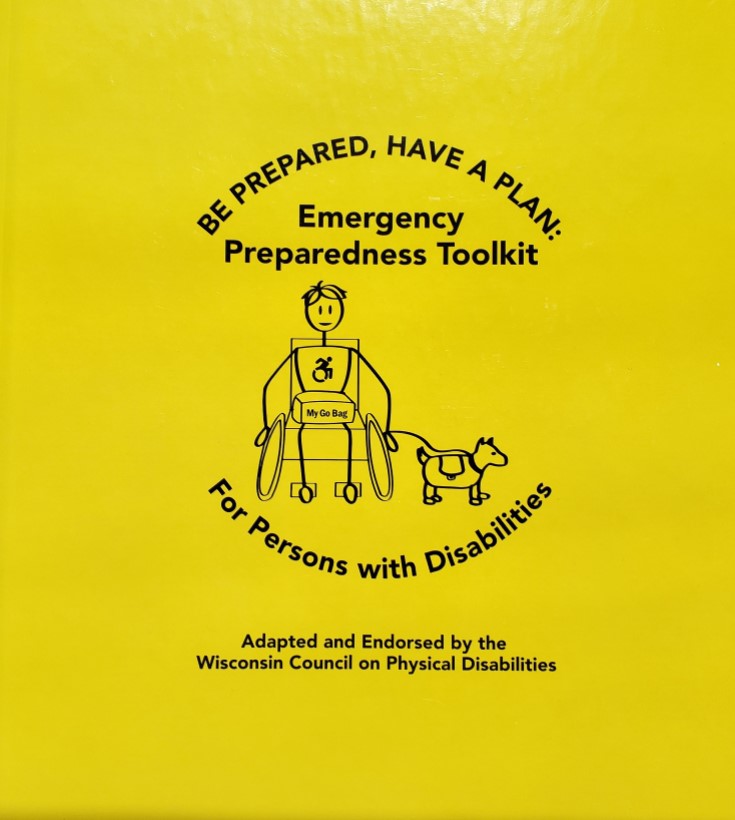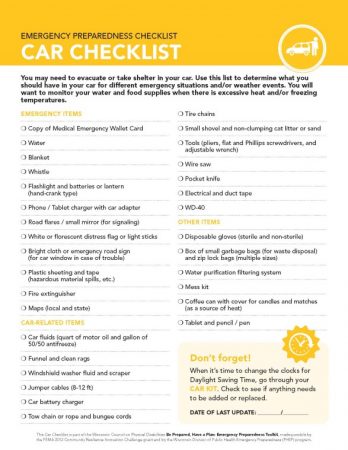Helpful Resource for Caregivers and CERT Members
There’s so much to do each day in a caregiver’s life, it’s hard to make time for one more thing, like preparing for emergencies. Yet, we must plan and know what we must do; especially, when caring for someone with dementia and/or physical challenges that will take more time.
Cities and remote communities (like mine) have established Community Emergency Response Teams (CERT). In an emergency or a disaster (hurricane, fire, flood, earthquake, human-caused), CERT members are ready to help. During regular training exercises, leaders remind us that emergency personnel will be called where they’ll do the greatest good for the greatest number of people. This means people residing in remote and rural communities like ours will have to fend for them(our)selves until help arrives. Help may not arrive for days; even weeks!
An emergency can push an already overextended caregiver to the brink!
For this reason, The Caregiver’s Voice reviewed this easily accessible resource that’s available in print and online.
The Emergency Preparedness Toolkit prepares people for a wide range of emergency situations when caring for persons with disabilities. [3/29/2023: URL updated]
Helping People with Dementia and/or Disabilities in a Disaster
People with disabilities include people with cognitive-impairing diseases such as Alzheimer’s or Lewy bodies. Disabilities also include hearing and/or vision loss, requiring assistance walking or needing wheelchairs, and/or service animals. Elders with sensory deficits – unable to smell or regulate body temperature, or fearing being institutionalized if they admit to an injury are all challenges rescue teams need to quickly assess in order to provide help.
Since dementia strikes over five million people in the U.S. ages 50 through 90, it’s important to be aware of the behaviors that accompany different causes of dementia. (The Toolkit offers one paragraph as a starting point.)
What happens when first responders try to help a person with Alzheimer’s who lashes out in confusion? Will they recognize the disease or retreat in fear?
While Alzheimer’s is the leading cause of dementia, other types include Lewy bodies and frontotemporal lobe. People with these forms of dementia may appear and respond normally one moment and hallucinate or have an outburst the next. Training in these areas is essential to raise awareness among responders who want to treat people living with dementia with understanding, respect, and dignity.
Emergency Preparedness Toolkit Contents
Preparedness includes tabs for each of the four seasons. It covers among other topics, floods in spring, extreme heat in summer, house fires in fall, and surviving a winter storm. While reviewing these tips, we may say to ourselves, “I know this. This is obvious.” Remember, details that make perfect sense when all is calm are quickly forgotten as we’re racing to deal with disaster. We may bark commands instead of taking the time necessary to make eye contact with a person with hearing loss or cognitive impairment due to dementia.
In addition to natural disasters, there are human-caused disasters resulting from household chemical emergencies and power outages, among others.
The guide also offers a section on dealing with global weather emergencies such as a tsunami while on international travel.
There’s a handy Visual Communications Tool [3/29/2023: URL updated] to give people who are unable to communicate easily the opportunity to point to pictures of what they need. This four-fold tool, includes icons for people with disabilities to identify how they wish to communicate, including in writing, sign language, communication board, hearing aid, and tactile interpreter. There are also easy-to-point-to-a-time and date icons and a pain scale. Applying the “Quick Communication Tips for Emergency Responders” is vital for successful outcomes in a disaster.

The printed Toolkit comes in a bright yellow three-ring binder with tabs and plastic sleeves containing checklists and tools. The entire 100-page toolkit is available online as a PDF document at Emergency Preparedness Toolkit, Tools, and Resources [3/29/2023: URL updated]
Two-page Disability Checklist – [3/29/2023: URL updated]
https://dhs.wisconsin.gov/cpd/disability-checklist.pdf
One-page Car Checklist pictured here. Click on link to page to download a PDF. [3/29/2023: URL updated]
https://dhs.wisconsin.gov/cpd/car-checklist.pdf
Review regularly to build upon your learning in bite-sized pieces. When an emergency occurs, you’ll be ready.








